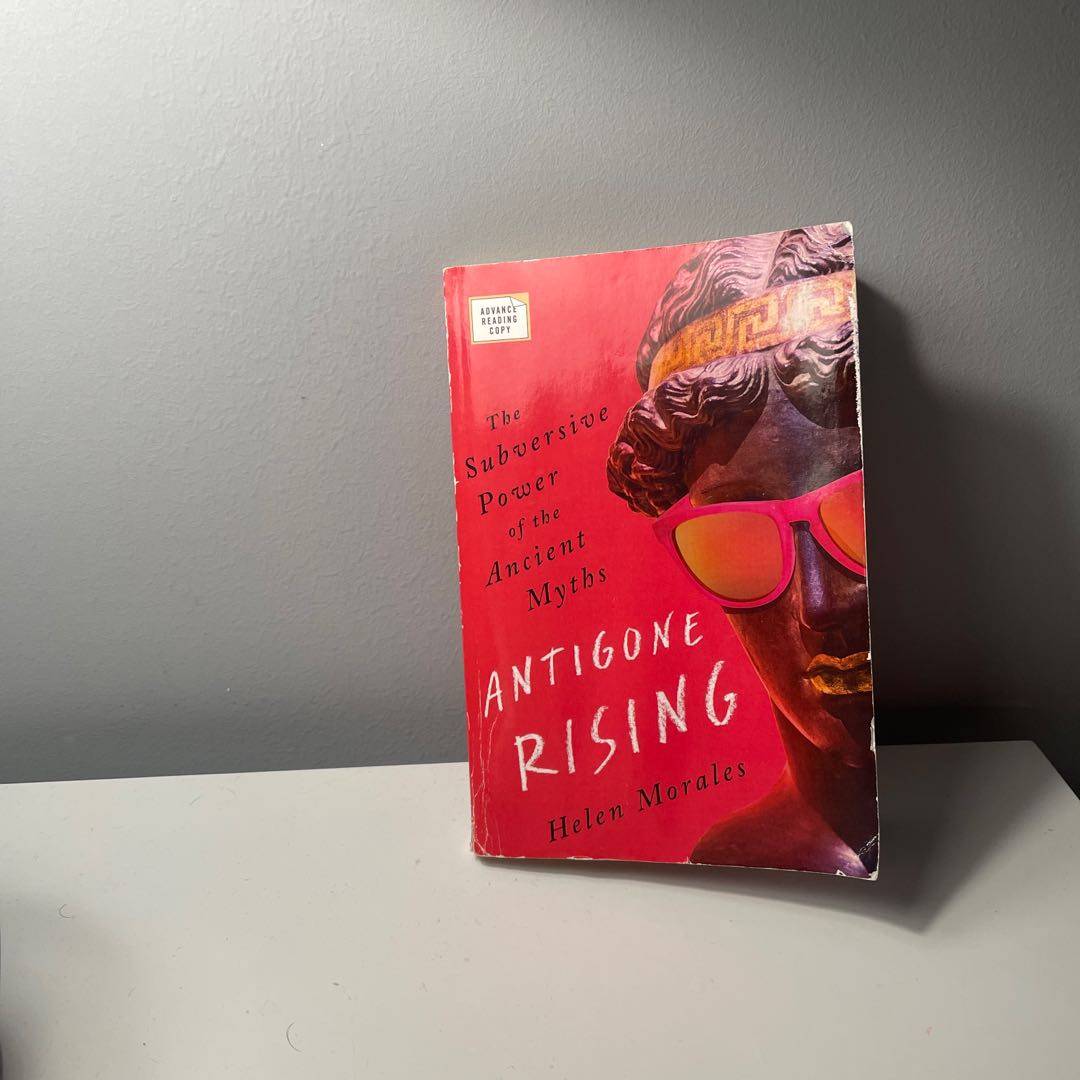
I thought the subversive power was going to be more empowering.

I thought the subversive power was going to be more empowering.
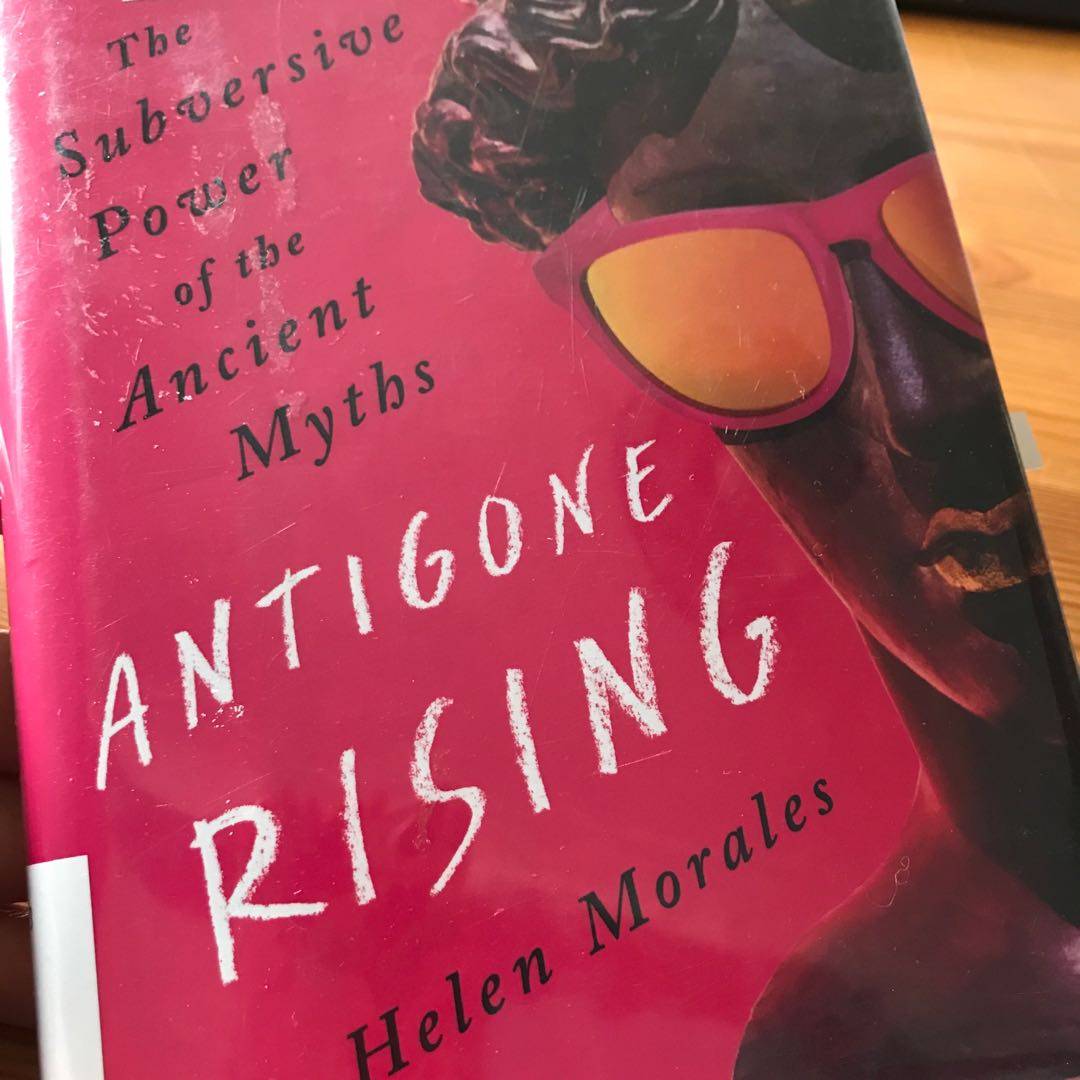
Ancient myths continue to shape society through the entrenchment of cultural patterns (ie by the many dramatizations of sexual assault). Addressing difficult subjects (ie human weaknesses & abuse of power) is one reason why myths remain relevant. Classicist Helen Morales engaging approach shows how our attitudes can be shifted by reinterpreting & adapting these stories, & by paying more attention to the subversive tales. #LGBTQ
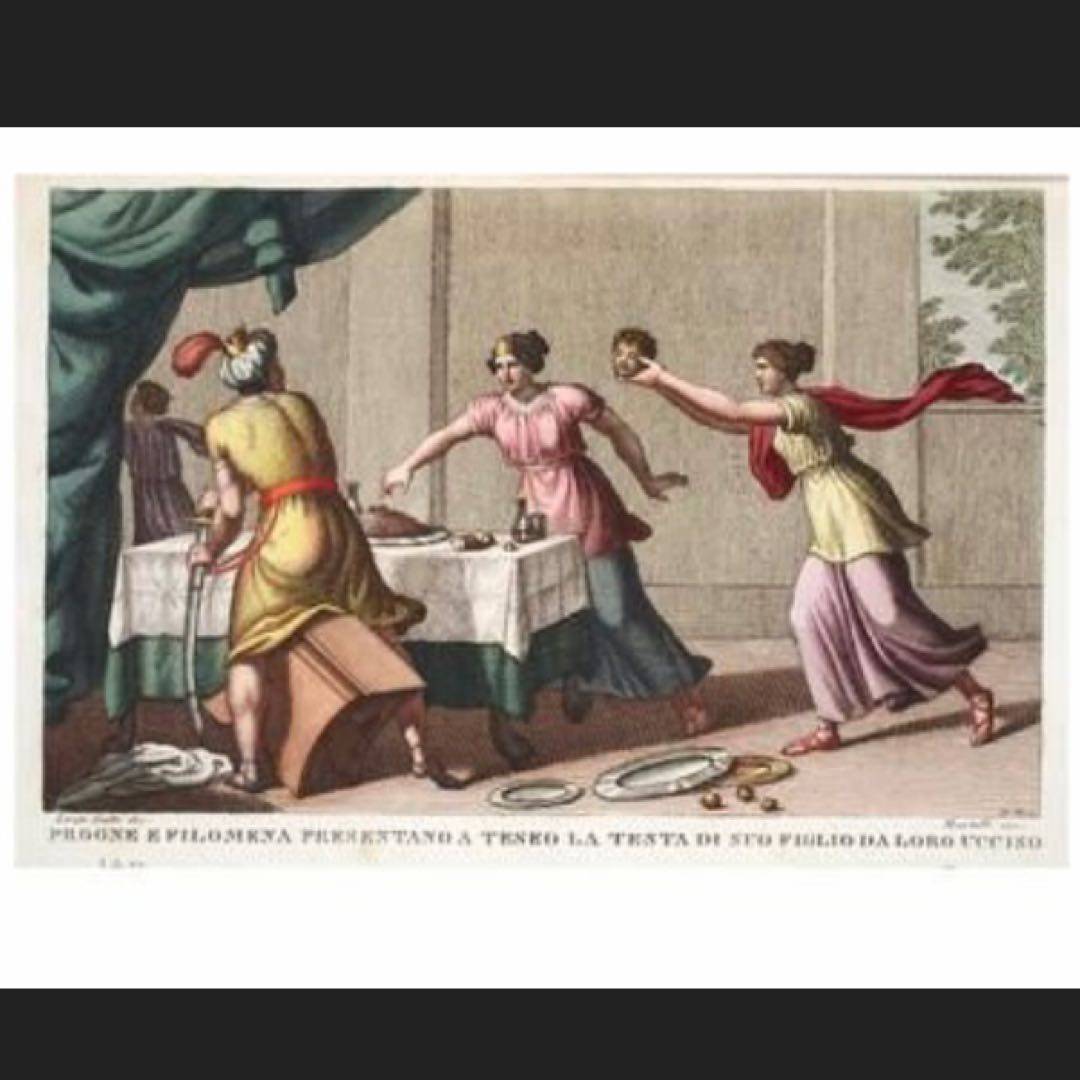
Revenge fantasies in ancient myths are not scripts to be followed, but they are adrenaline shots for the hurt soul, an essential part of the sexual assault survivor‘s emergency kit.

Ancient myths (stories) have subversive power precisely because they can be told—and read—in different ways. In the words of novelist Ben Okri, myths “always take wing and soar beyond the place where we can keep them fixed.”
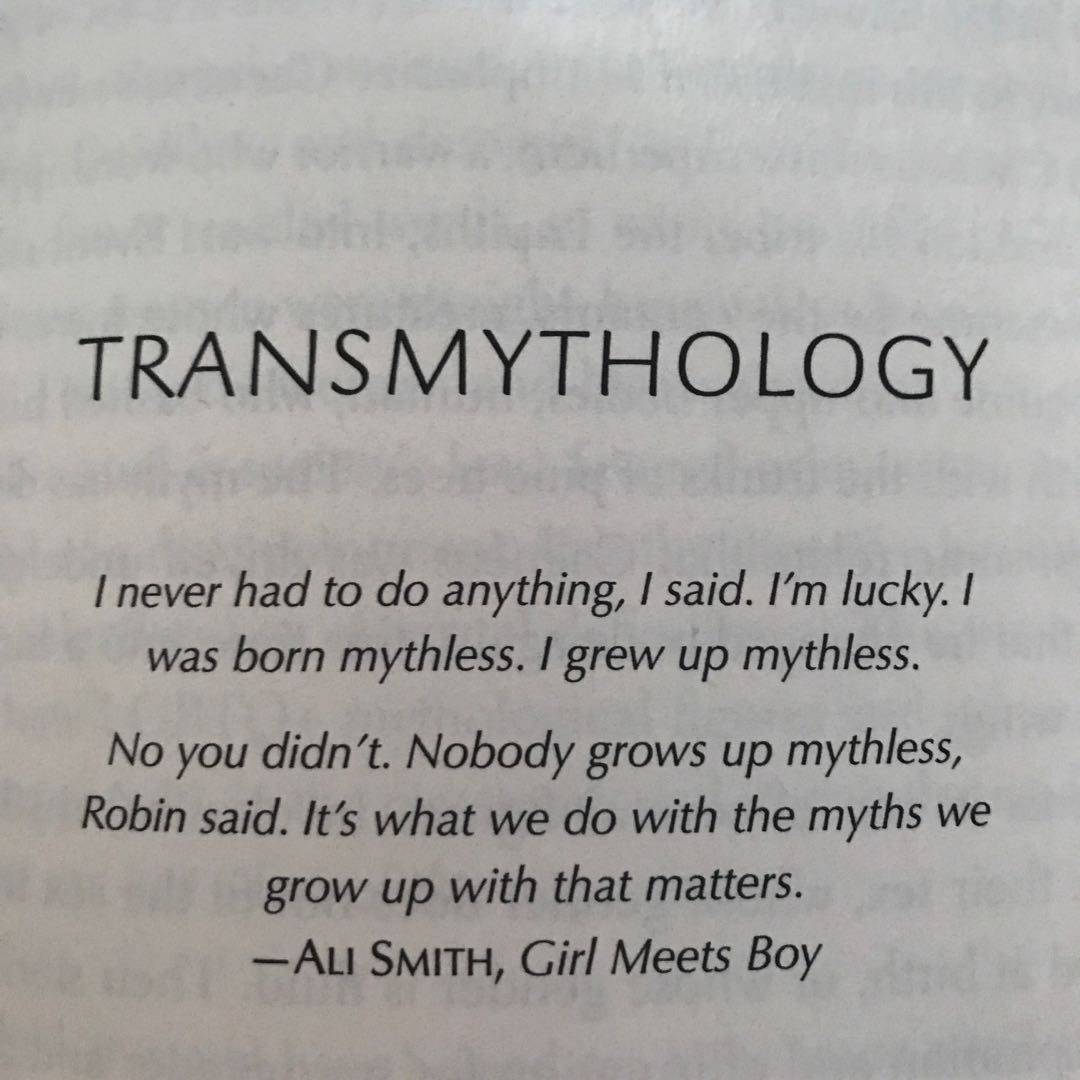
“It was always the stories that needed the telling that gave us the rope we could cross any river with … they made us brave. They made us well. They changed us. It was in their nature to.”
—Ali Smith, Girl Meets Boy
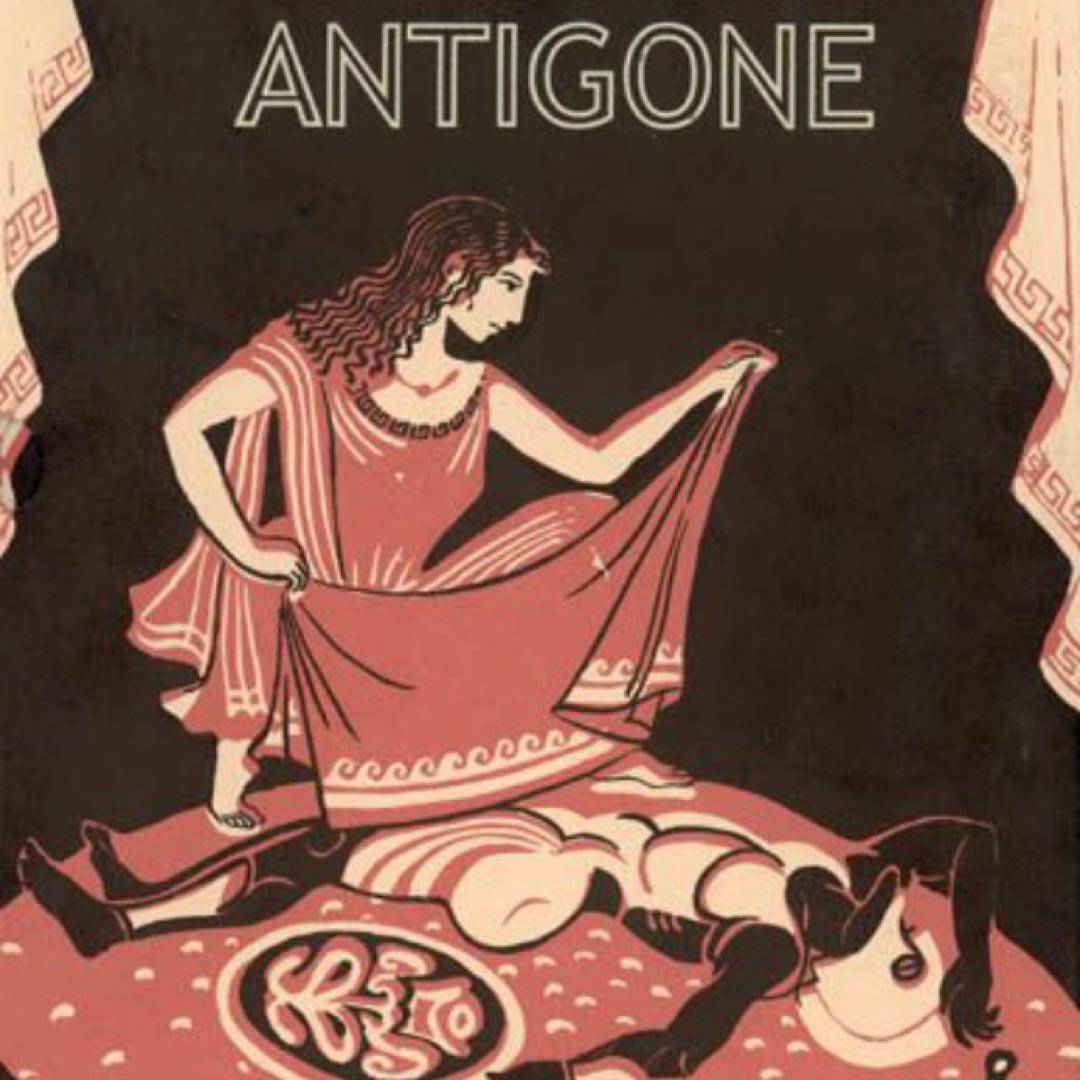
The myth of Antigone, as told by the Greek playwright Sophocles, is one of the most well known of the Greek myths and one of the most meaningful for feminism and for revolutionary politics. She has become an icon of resistance. Of pitting personal conviction against state law. Of speaking truth to power.
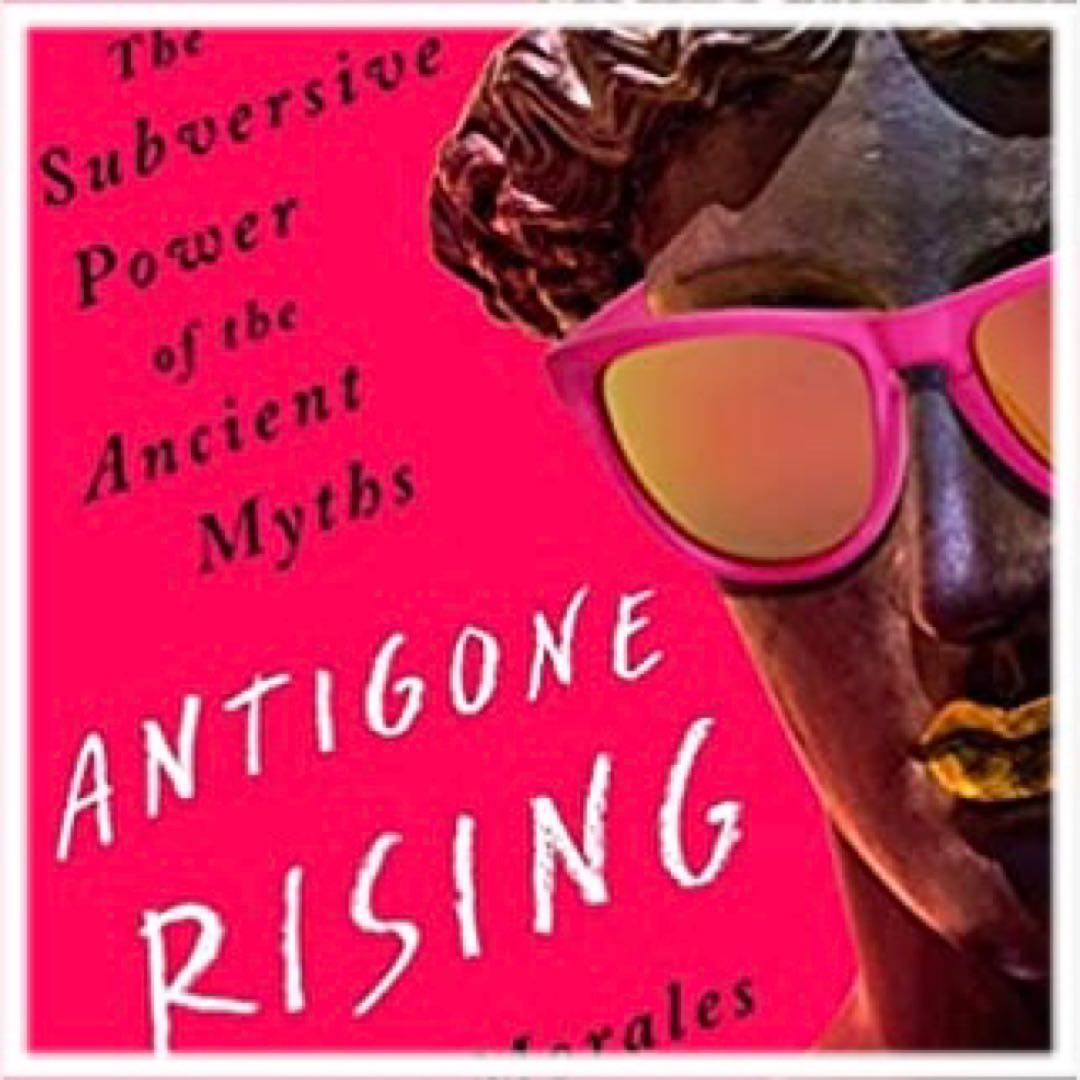
This evening, I suffered through a grueling 5 hour journey by train 🚆, but now I‘m finally at home and this book kept me company throughout. The cover is rad, and although I think some comparisons from mythological tale to modern activism were a bit out there, I still learned about some lesser known Ancient Greek & Roman tales.
#mythology #ebook
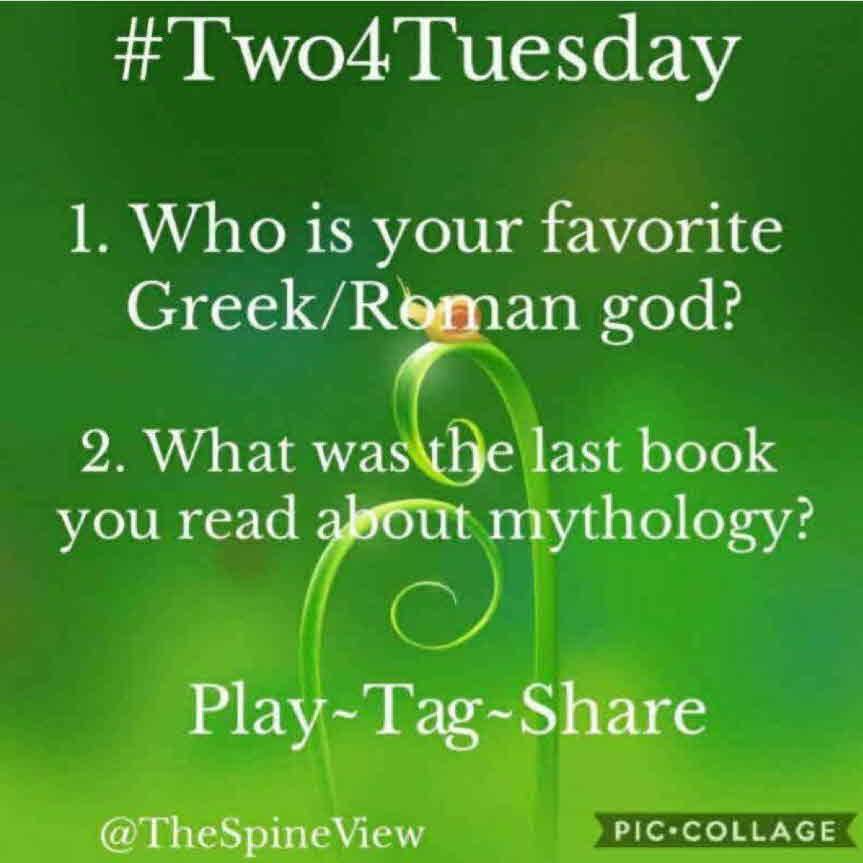
Thanks for the tag, @Ruthiella !
1. Deverra, one of the three Roman gods protecting midwives and birthing women. Deverra was the middle name I'd picked for my second had he been a girl.
2. Well, myths pervade literature (and life), but the tagged is the most recent book I've read that's explicitly about mythology. A solid argument could be made for Who Fears Death by Nnedi Okorafor, too.
#Two4Tuesday @TheSpineView
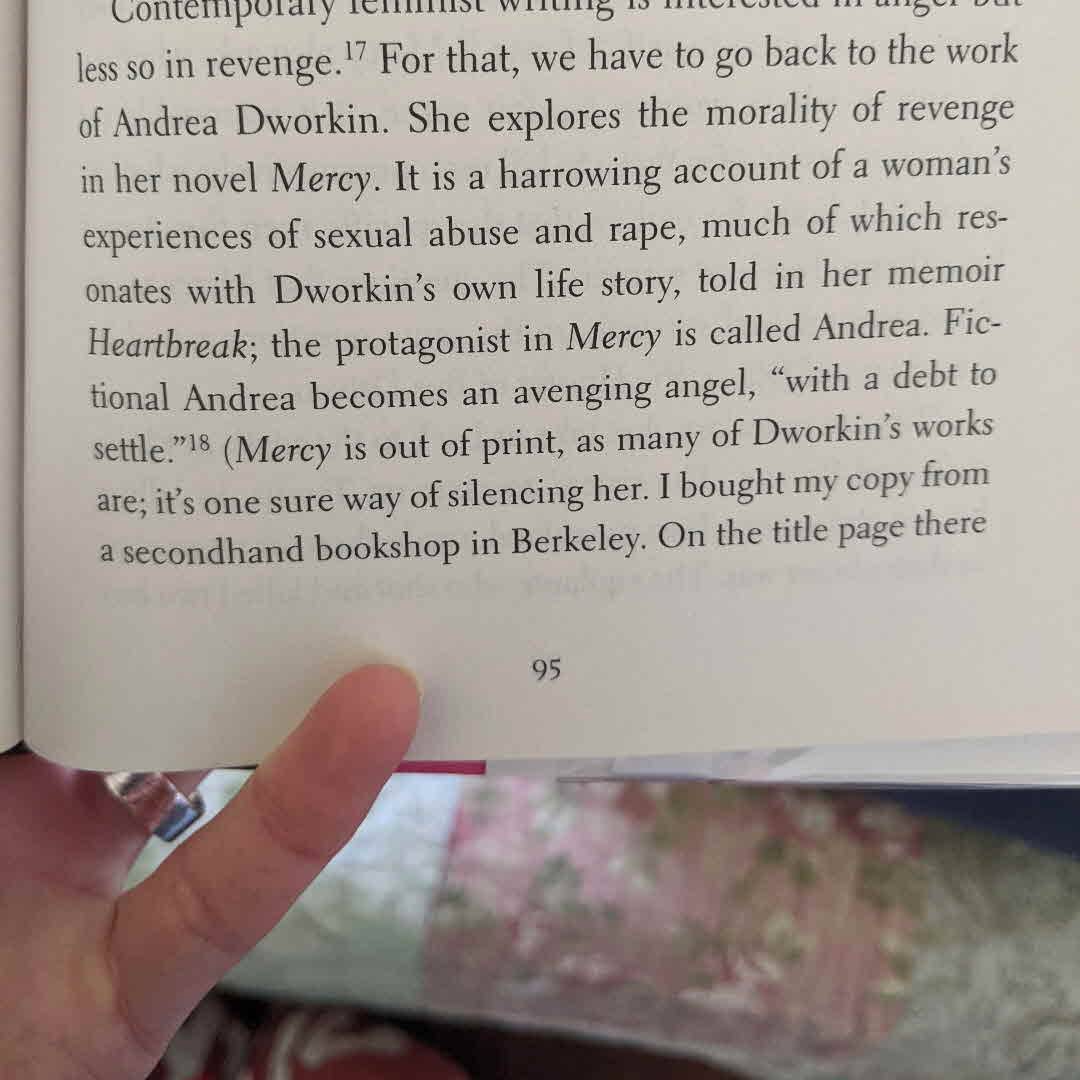
"_Mercy_ is out of print, as many of Dworkin's works are; it's one sure way of silencing her."
Mostly I love this book, but I disagree with this statement. If the author was able to buy a copy in a secondhand bookstore, this wasn't actually a very "sure" way of silencing Dworkin. And that's not even looking at why her books went out of print. Just because one dislikes it doesn't necessarily mean it's nefarious. (It might be, but it might not.)
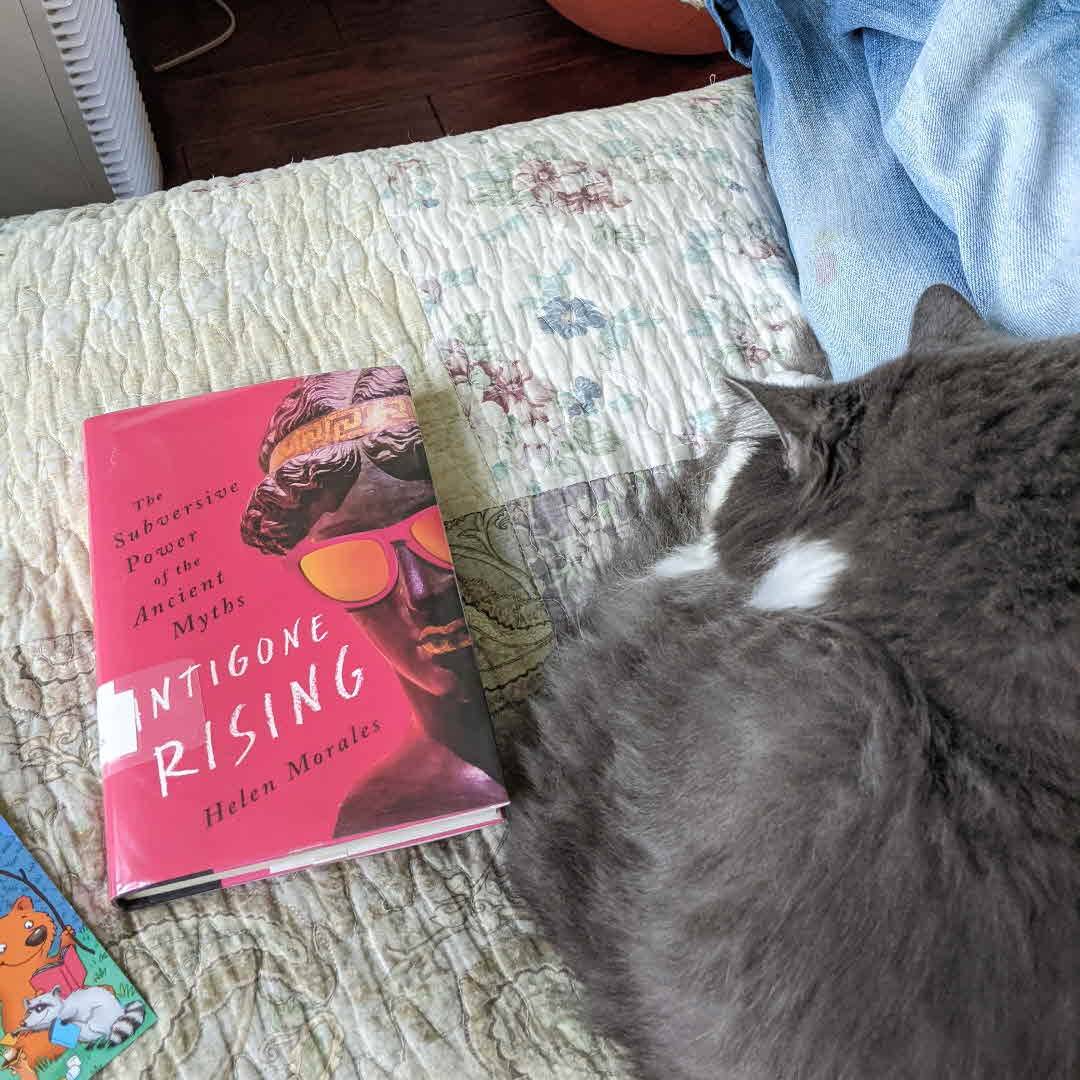
Morales takes the gender and sexuality elements of Greek and Roman myths that are usually glossed over (or at least they were in my schools) and shines a spotlight on them. She points out the ways in which Classical mythology has been used to perpetuate mysogyny and white supremacy, and she celebrates the ways that modern artists are reimagining and reclaiming these myths. It's an exciting and inspiring read.
My March #bookspin @TheAromaofBooks
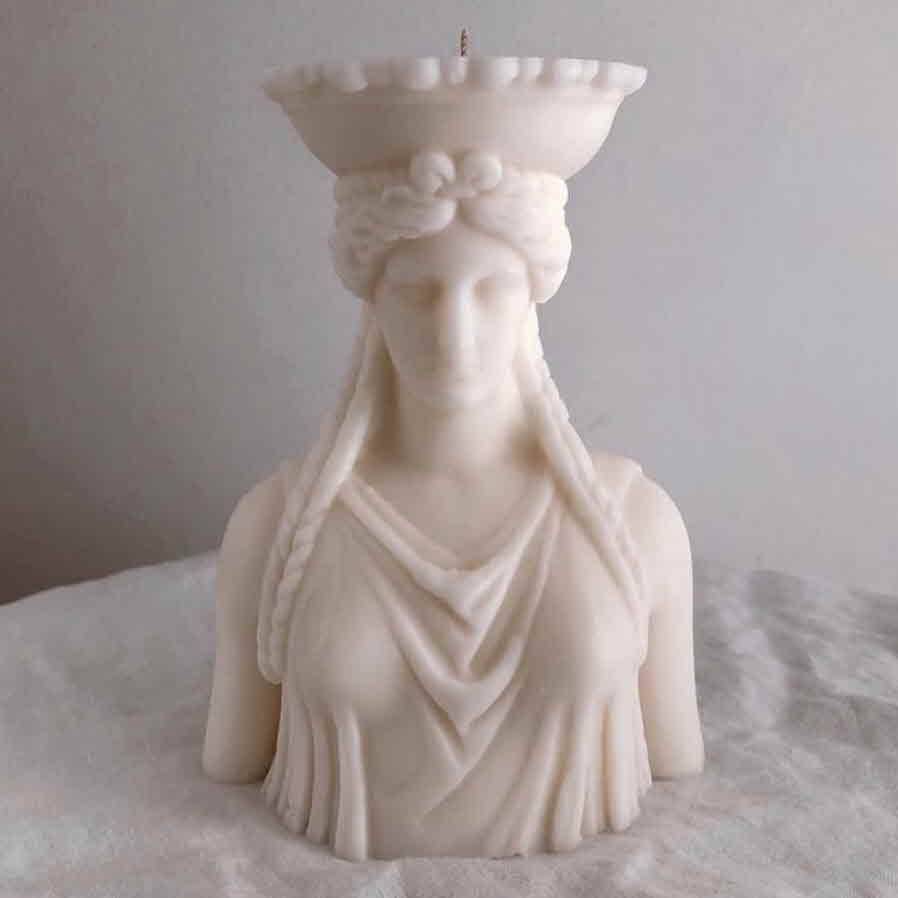
Mythological tradition has often been a tool for oppression, but it doesn't have to be. Mythology is full of ambiguities that reveal different perspectives caught by the attentive listener/reader. Creative retellings and reimagining can bring out those perspectives.
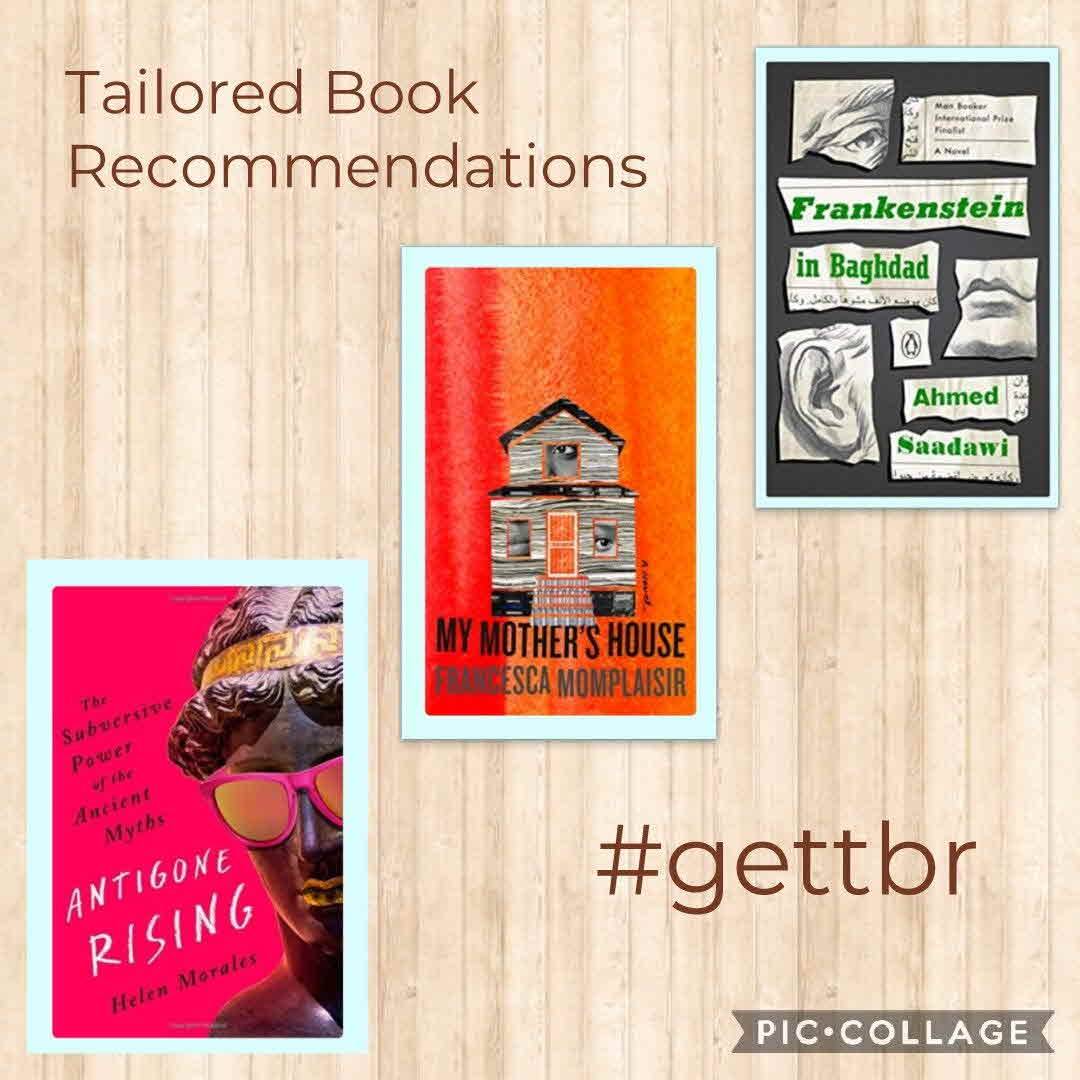
My latest round of Tailored Book Recommendations has arrived! I switched back to the recommendations-only subscription, but my library has them all and they're all available, so I can easily add them to the stack of library books I've checked out but not yet read.
Any thoughts on these titles? Which would you read first?
#gettbr
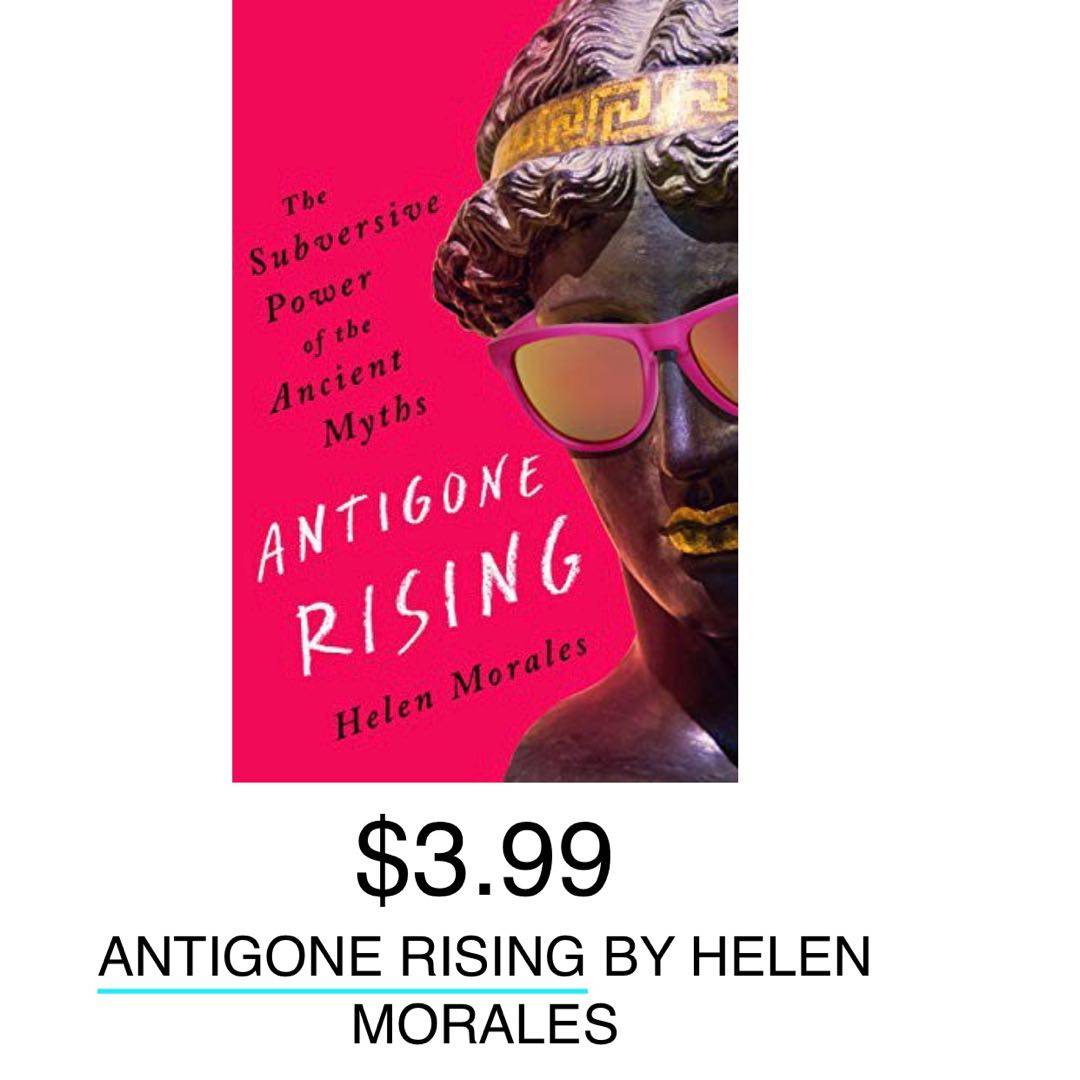
Oh, Antigone Rising is on kindle sale today in the US! I‘ve been interesting in reading this one since I saw this author and the author of Circe interviewed together.

This was an engaging (and fairly short) nonfiction book about the influence Greek and Roman myths carry in modern society as well as the ways they can be reinterpreted and retold in order to subvert those dominant readings. Accessible even if you aren't already familiar with the myths discussed!
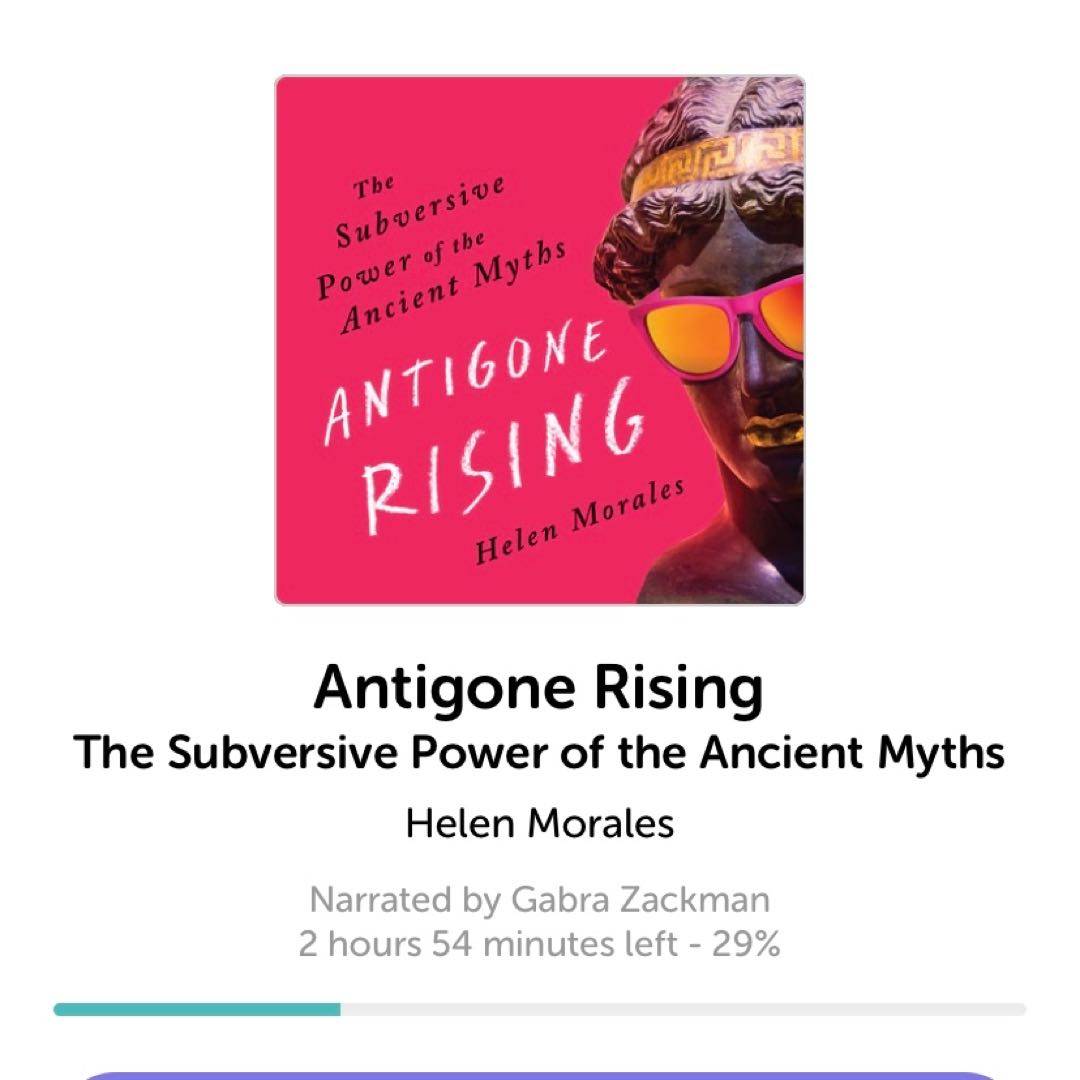
Was able to pop into a Women and Children First hosted digital conversation on this one between Helen Morales and Mary Beard, so figured this would satisfy my non-fiction audio itch. (It is very short so don‘t worry I have many more nonfiction audiobooks on the TBR/wishlist)
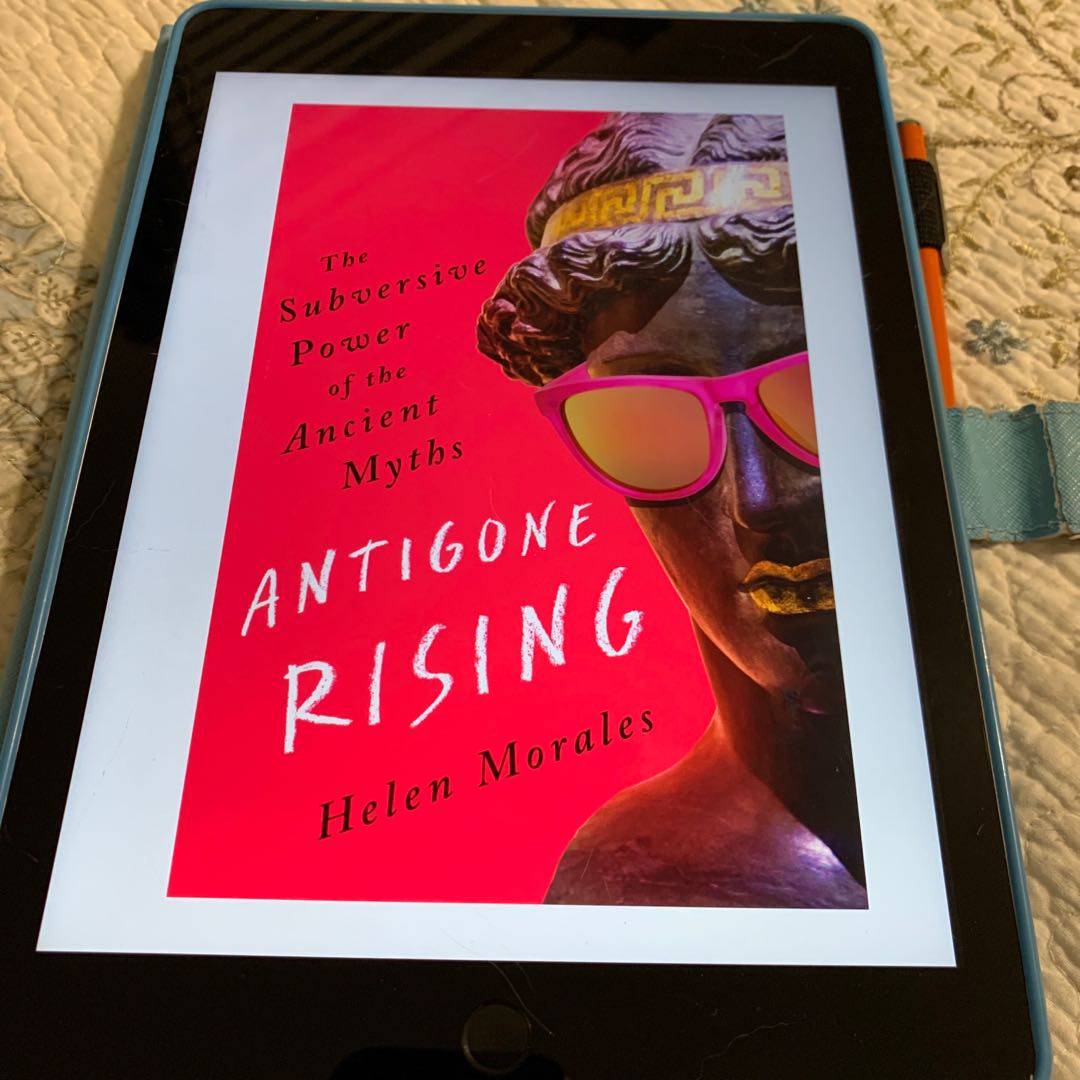
Madeline Miller fans - take note. Morales uses this short nonfiction to examine Greek myths as portrayed and used in cultural references and situations today. She tackles some hefty topics - race and prejudice - and demonstrates how culture over time has morphed myths into best for a situation. It was thoroughly entertaining.